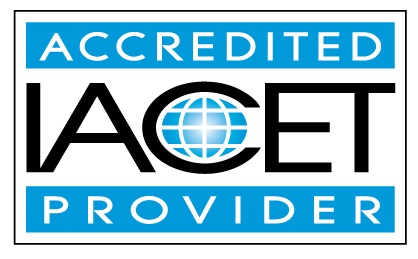Description
Transitioning from a manual wheelchair to a power wheelchair is often a difficult decision for those who rely on a wheelchair for their daily function. This course will review the clinical presentation of clients who use manual mobility and reasons they may consider transitioning to power mobility, as well as obstacles preventing them from doing so. A variety of conditions, age ranges, and the impact on the users’ physical and emotional health will be discussed. Options that are available to make this transition easier, such as power assist and power add-on devices, will be presented. Case studies and client interviews will clarify the individual considerations.
Learning Outcomes for this course:
1. Name 3 common neuromuscular conditions that often lead to transitioning from manual to power wheelchairs.
2. List at least 3 reasons someone who uses a manual wheelchair should consider transitioning to a power wheelchair.
3. Identify 3 barriers that may prevent a wheelchair user from making the transition from manual to power mobility.
Barbara Crume, PT, ATP, earned her Bachelor’s Degree in Physical Therapy from the Medical University of South Carolina in 1982, became Pediatric NDT Certified in 1988 and RESNA Certified as an Assistive Technology Professional in 1997. She has been employed with CarePartners Health Services in Asheville, NC for over 31 years. Barbara provides evaluations, fittings and training for clients of all ages and all diagnoses to obtain manual and power wheelchairs with custom seating. She works closely with a variety of suppliers and consults with manufacturers on product development. She has presented courses at Medtrade, International Seating Symposium, RESNA Annual Conferences and APTA CSM. She has taught several webinars through NRRTS and RESNA. She is an active participant in the Coalition to Modernize Medicare Coverage of Mobility Products Clinician Task Force.


